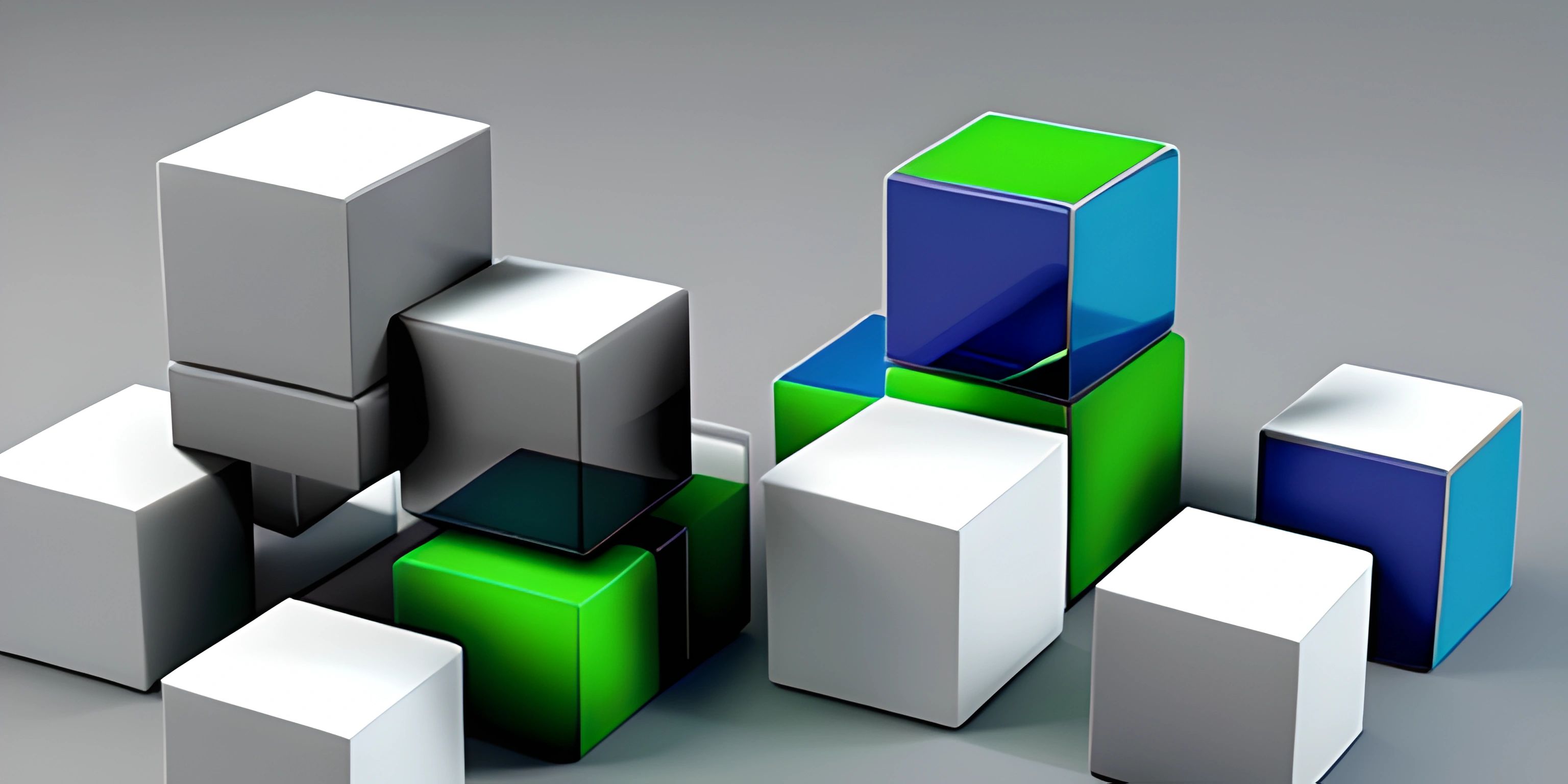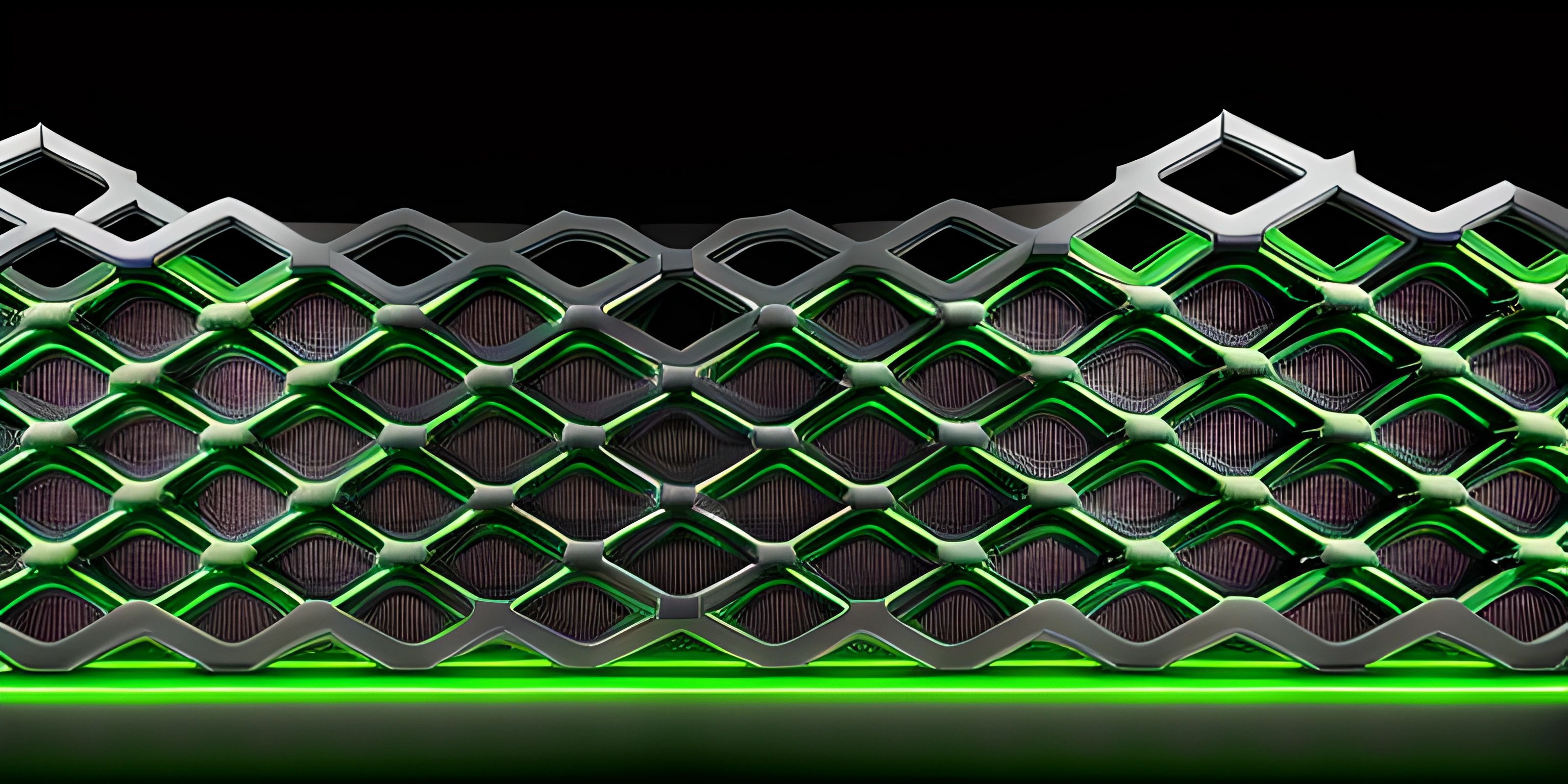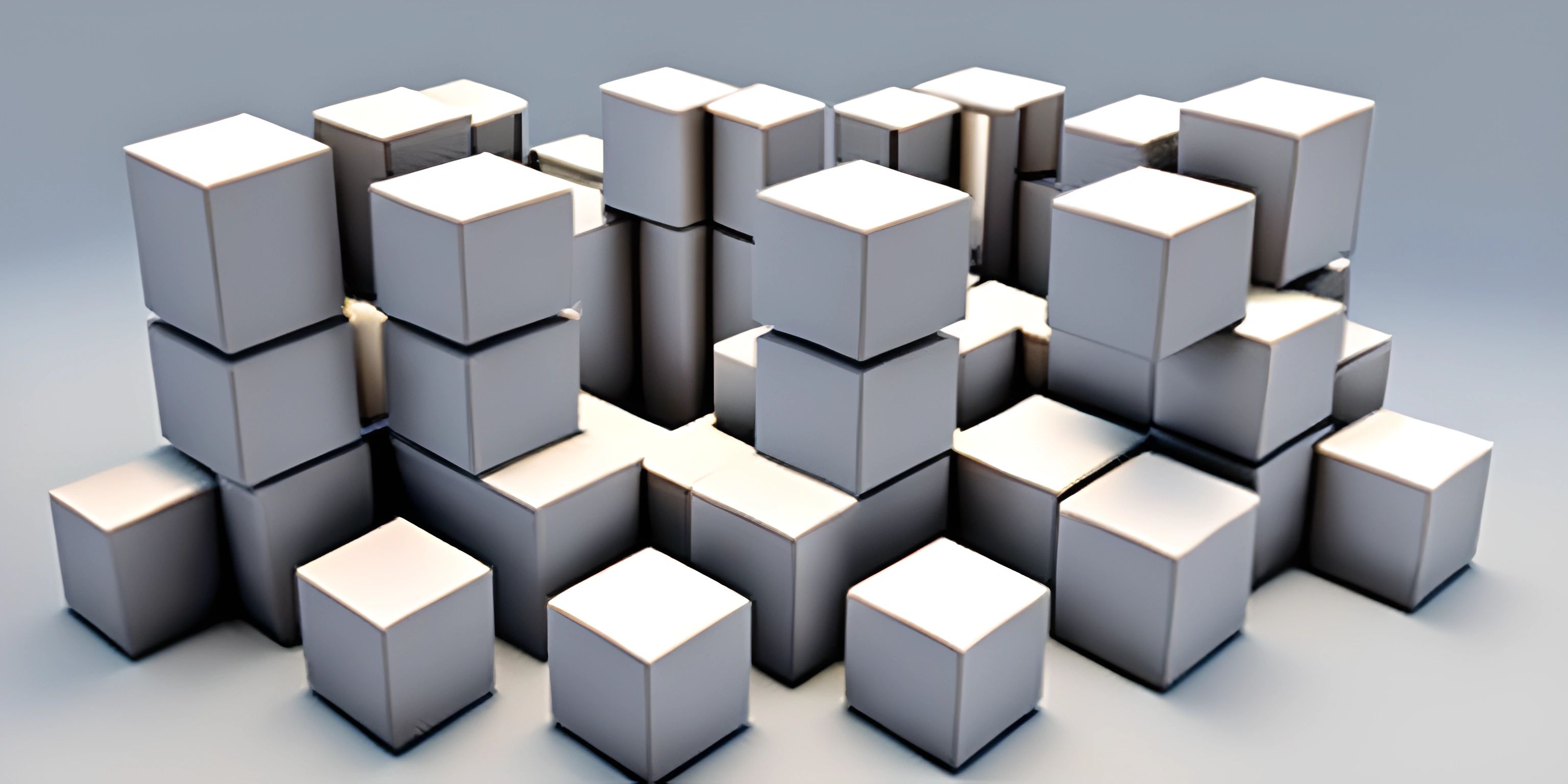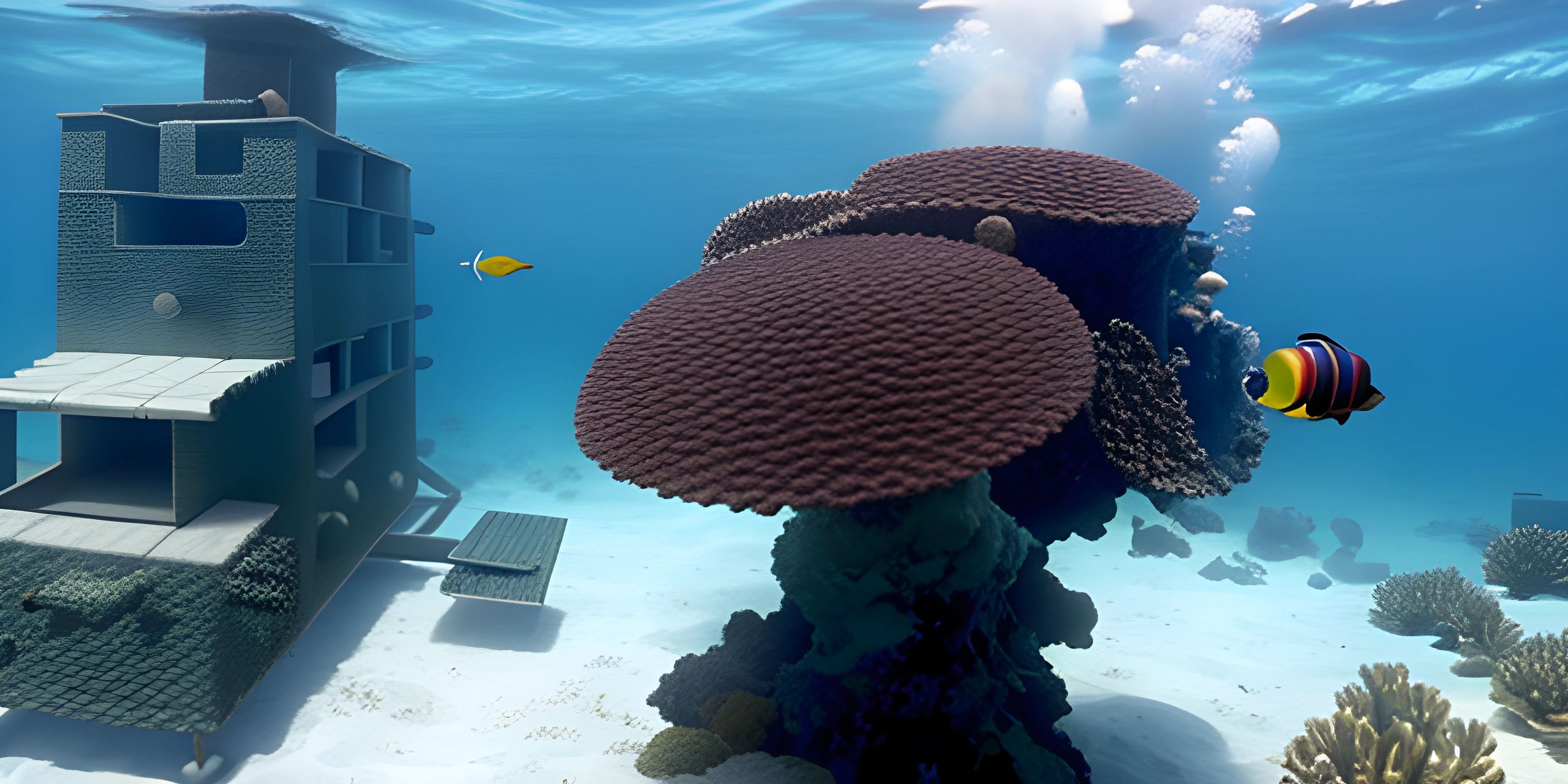About Databases
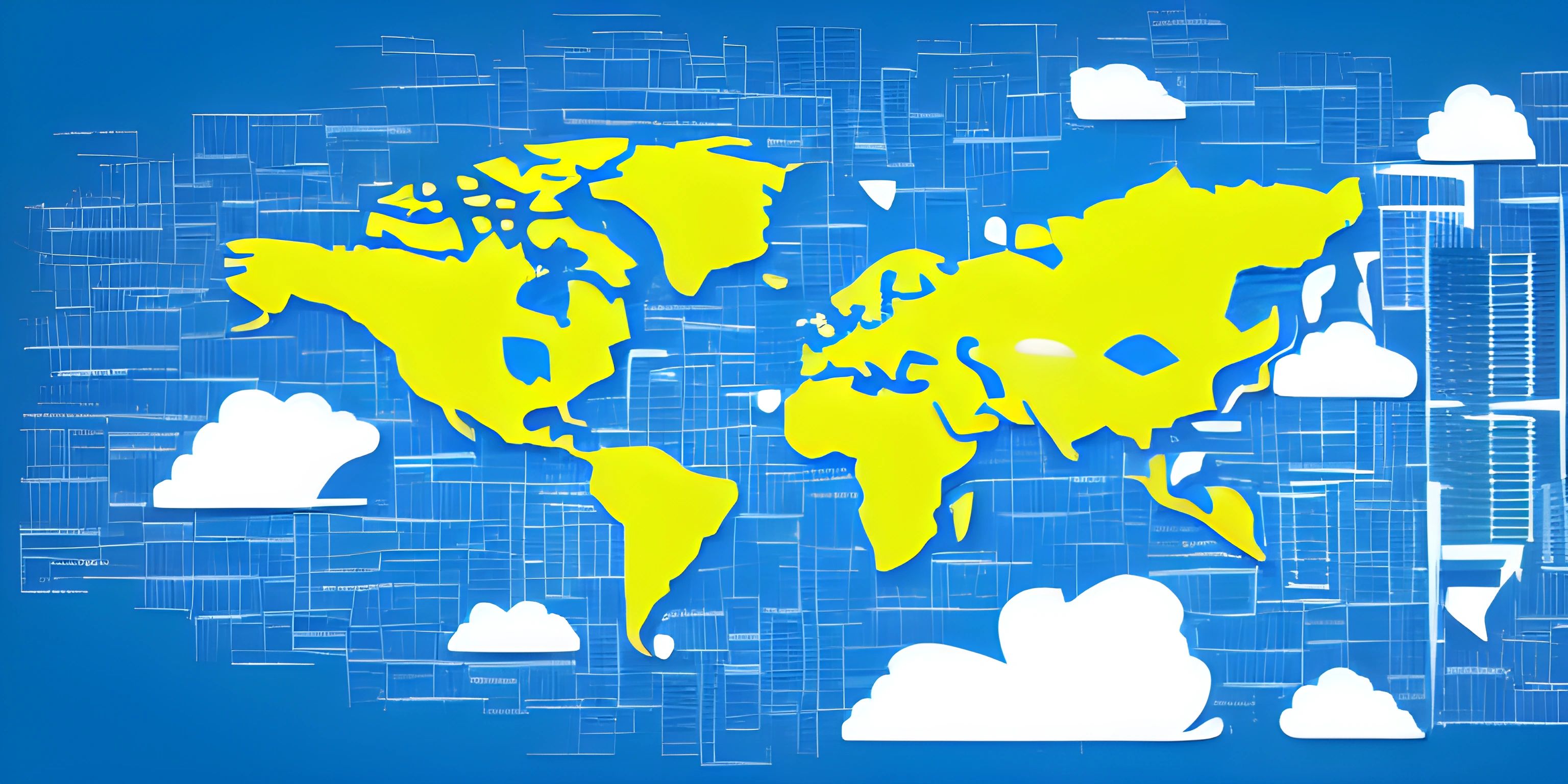
Note: this page has been created with the use of AI. Please take caution, and note that the content of this page does not necessarily reflect the opinion of Cratecode.
Before we dive into the world of programming, let's get our feet wet in the vast ocean of databases. Trust me, it's not as scary as it seems, and you won't need to hold your breath too long!
Databases, A Brief Overview
Imagine a library with millions of books but no catalog or system to find the one you need. Horrifying, right? That's where databases come into play in the digital realm. They are like the organized, meticulous librarians of our digital world, managing and storing data so it can be retrieved efficiently when needed.
Databases are essentially a structured set of data. So, if a website was a shop, a database would be its storeroom. This storeroom is where all the goods (data) are stored and managed.
SQL vs NoSQL
When we talk about databases, we often hear about SQL and NoSQL. But what are they? Well, think of them as different types of library systems. SQL (Structured Query Language) is like a traditional library system with a strict structure and rules. It's perfect for situations where we have a clear schema of how our data should be structured.
On the other hand, NoSQL (Non-Structured Query Language) databases are more like a modern library system, with a flexible structure that can handle various data types. It's ideal for situations where rapid, scalable data growth is anticipated. Here's a brief comparison of SQL and NoSQL.
// SQL SELECT * FROM users WHERE age > 21;
// NoSQL
db.users.find( { age: { $gt: 21 } } );The SQL code looks for all users who are older than 21, and the NoSQL code does the same thing. The difference is in how they are structured and used.
In the end, whether you choose SQL or NoSQL, remember one basic principle: the right tool for the right job. Just as you wouldn't use a hammer to screw in a lightbulb, the choice between SQL and NoSQL depends on your specific use case.
Hey there! Want to learn more? Cratecode is an online learning platform that lets you forge your own path. Click here to check out a lesson: Using Constants (psst, it's free!).
FAQ
What is a database?
A database is a structured set of data. It functions like a storehouse for a website, storing and managing all the data that the website needs to function correctly.
What's the difference between SQL and NoSQL?
SQL (Structured Query Language) databases have a strict structure and are ideal when the data schema is clear. On the other hand, NoSQL (Non-Structured Query Language) databases are flexible and are ideal for situations where rapid, scalable data growth is anticipated.
When should I use SQL over NoSQL?
The choice between SQL and NoSQL depends on your specific use case. SQL is a good choice for situations where the data schema is clear and structured. NoSQL, on the other hand, is ideal for situations where rapid, scalable data growth is anticipated, and the data schema may not be as rigid or defined.

